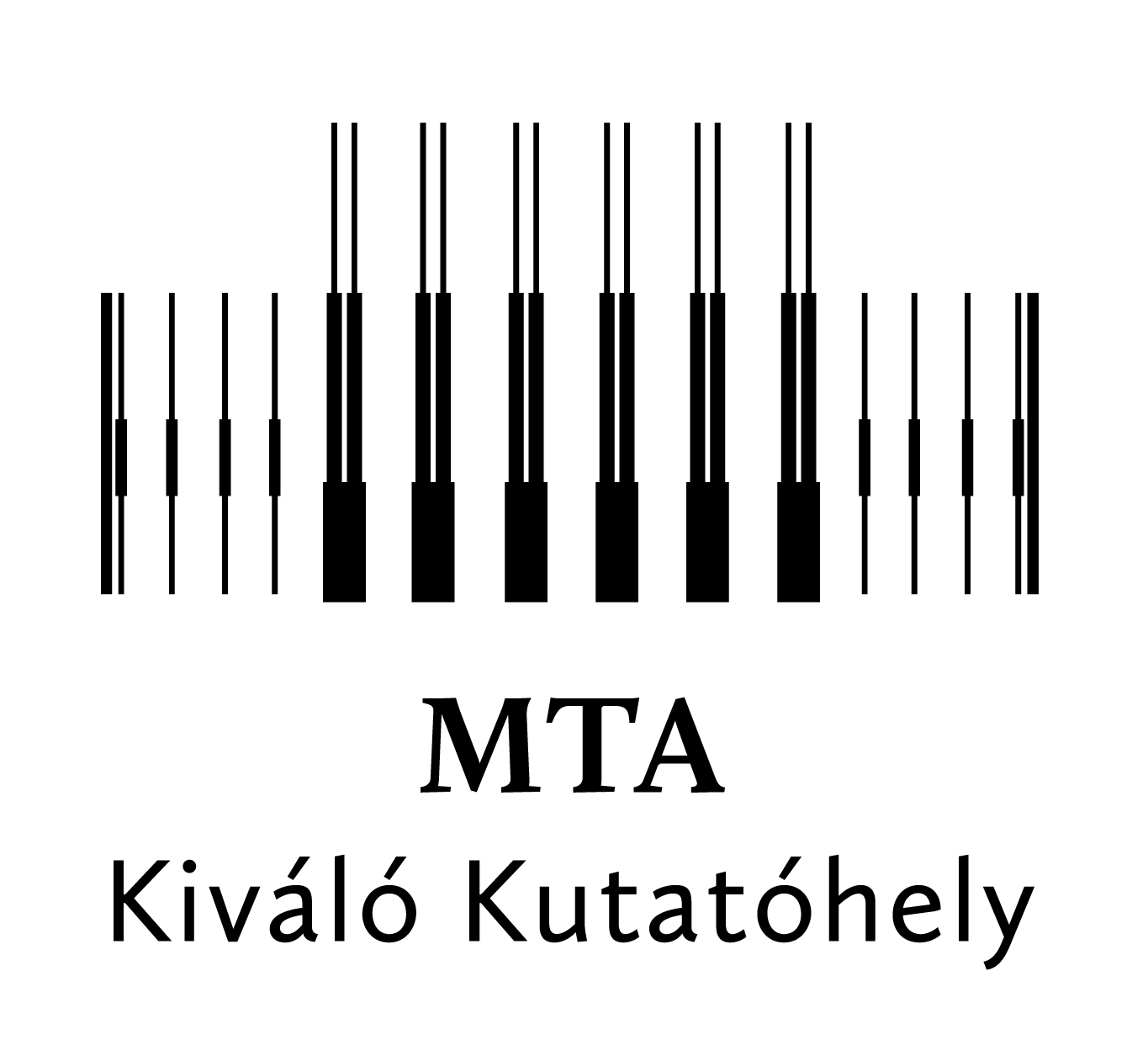About | Copyright © 2026 Budapest University of Technology and EconomicsBME
EIT Digital MSc programme: autonomous systems

An autonomous system is a combination of computer science and electronic engineering. During the programme, students will gain new skills in both areas. In computer science, relevant skills include Internet of Things (IoT), machine learning, artificial intelligence, and robot vision. In electronic engineering, relevant fields are automation, control, embedded systems, and communications.
See more on the basic motivations, structure and career opportunities of the AUS programme on the page at EIT Digital.
Return to all programmes at BME VIK
Special aspects of autonomous systems at BME VIK
BME-VIK offers the entry year program with a didactic balance between courses related to the reliable hardware and software framework of autonomous systems and courses comprising knowledge to design and robustly implement autonomous functionalities. The scope is on integrating hardware and software into safe and secure embedded systems that can work autonomously with high reliability and be applied under critical requirements, e.g., in real-time and medical applications.
A block of natural science courses provides the background for understanding advanced estimation, modeling, and control algorithms. Optionally, students can take catch-up courses too. The advanced courses include practice-oriented study components.
Completing the other year
The studies at BME-VIK are in the entry year of the programme. The exit year can be performed at one of the following Universities or Institutes: Aalto University (Aalto), Finland; KTH Royal Institute of Technology (KTH), Sweden; Technical University of Berlin (TUB), Germany; University of Trento (UNITN), Italy; EUROCOM, France; Eötvös Loránd University (ELTE), Hungary.
Subjects and leading teachers
- Compulsory courses (41 ECTS):
- Autonomous robots and vehicles (VIIIMA12, 4 ECTS)
- Modelling and identification of dynamical systems lab (VIMMD312, 4 ECTS)
- I&E Basics (6 ECTS)
- Business development laboratory I (3 ECTS)
- I&E Electives (2+2 ECTS)
- Embedded systems security (4 ECTS)
- Artificial intelligence-based control(VIIIMA09, 4 ECTS)
- Project laboratory (3 ECTS)
- Business development laboratory II (5 ECTS)
- Summer school courses (4 ECTS)
- Optional major courses I (two from the following set, min. 8 ECTS):
- Development of Software Applications (VIAUMA09, 4 ECTS)
- Design and integration of embedded systems (VIMIMA11, 4 ECTS)
- Localization and mapping (4 ECTS)
- Optional major courses II (one from the following set, min. 4 ECTS):
- Compulsory natural science courses (two from the following set, 7 ECTS):
- Stochastics (3 ECTS)
- Applied algebra and mathematical logic (4 ECTS)
- Measurement theory (VIMIMA17, 4 ECTS)
- Communication theory (VIHVMA07, 4 ECTS)
- Linear algebra (3 ECTS)
- Combinatorial optimization (VISZMA06, 3 ECTS)
Dr. Bálint Kiss is the project officer of the AUS entry year at BME. He is responsible for the educational content and competencies specified in the curriculum. Dr. Kiss has extensive experience in international educational programs. The research interest of Dr. Kiss includes control systems, nonlinear dynamics, and robotics.
Dr. Tamás Kovácsházy is an expert in generic and real-time operating systems. He has extensive experience in the design and programming of embedded systems, including parallel and event-driven architectures. His research interests include transient and time management in real-time embedded systems.
Dr. István Harmati is an expert in control-related applications of artificial intelligence and machine learning, focusing on multiagent systems and game theory.
Scholarship for top nonEU/EEA students
The Faculty of Electrical Engineering and Informatics, Budapest University of Technology and Economics (BME), offers scholarships to top nonEU/EEA students enrolled in BME EIT Digital programs. The grant is merit-based, and the ranking is based on the accepted application submitted to EIT Digital Master School. The BME scholarship is up to 3 500 EUR per semester and cannot exceed 5 500 EUR per semester with the EIT Digital tuition fee waiver.
Industrial partners
There is a strong cooperation with the industry in the field of robotics and dependable autonomous systems. Many research centres and other hardware and software developers reside in Budapest, like:




